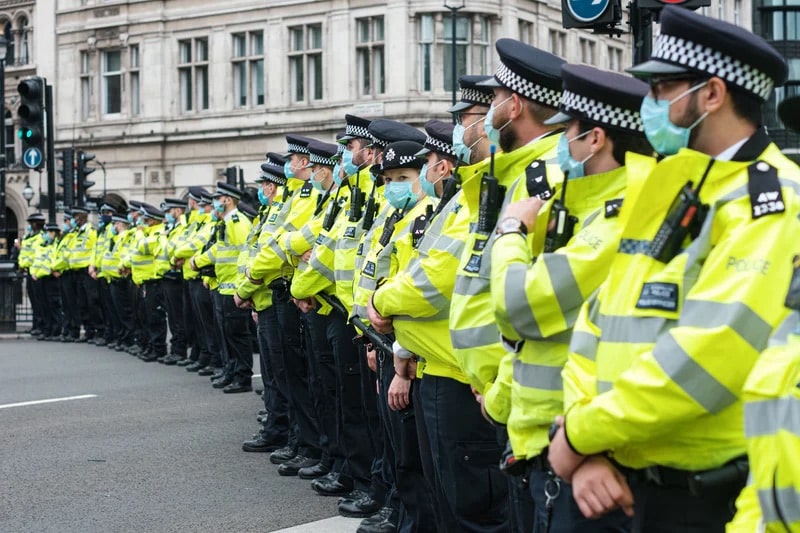It has taken yet another attack and consequential murder of an MP to reignite the discussions around their safety. Days after the murder of Sir David Amess, Members of Parliament are more worried than ever as they face threats carrying out the work they have been elected to do.
On Friday the 15th October, Sir David was at a surgery, meeting with his constituents when Ali Harbi Ali entered the church where the meeting was being held and brutally stabbed and killed the Conservative MP. This attack sent eerily familiar shockwaves through the country, reminiscent of the heinous attack on the late Labour MP Jo Cox. In a similar manner, she was shot and stabbed on her way to a constituency meeting but regrettably never made it. The death of Jo was a stark reminder that although the UK is seen to have one of the most stable democracies in the world, attacks on it is still possible and it should not leave peoples thoughts that acts like this can happen.
Even after the robbery of Jo Cox’s life, little has been done to protect MPs. Just this June, questions were being raised in the House of Lords by the Lord Bishop of Leeds who asked the government ‘How can the Government strengthen even the online safety bill? We already have the Malicious Communications Act, but it seems to do little to deter bad behaviour’. Both of these pieces of legislation cover generalised information in regards to safety and security of people who live within the UK, however they mention little to do directly with the protection of MPs.
After the second murder of an MP within five years, even more fierce debates are being held within Westminster and the rest of the country over their protection and safety. In the aftermath of the attack, Home Secretary Priti Patel ordered reviews into the security arrangements of MPs. In addition to this, police forces around the UK have now said that MPs are being given a single point of contact with their local police force to make it easier for them to report and to be informed of acts against them.
Although these reviews into the safety and security of MPs have been ordered, there is currently little in place to protect them and many of them are still feeling unsafe. One member, Tobias Ellwood, MP for Bournemouth East got in touch and gave the following statement:
‘Thank you for your email. It has been a difficult few days for all of us in Parliament and we are thinking of Sir David’s family at this horrific time.
Engaging with the public is part of the vital work of an MP. However, there is a high level of anxiety now between MPs.
I have been suggesting a temporary pause in face-to-face meetings until the Home Office has completed its review of MP’s security. You can achieve a lot over the phone and on Zoom and this is far more secure in the meantime. It is important to recognise that many people perform public facing roles daily, and they of course all deserve to that free from discrimination or the threat of violence.
And, while it is not my place to tell another MP how to manage their constituency work I do feel while there is risk of copycat or similar actors we must remain vigilant to protect ourselves and our staff.’
One important task for MPs to do is for them to be able to be easily accessible to the people who keep them in their job, and with the most recent attack, it has made it difficult. However, Mr Ellwood does raise a good suggestion by holding meetings over the phone and zoom, something many people are used to doing over the last 2 years due to the Covid-19 Pandemic. Although this is a good short term suggestion this is something that cannot be sustained over a long period of time as it may suggest that these issues aren’t being addressed. It could potentially remove the urgency to sort out issues of their safety as others may rely too heavily on MPs carrying out their work virtually, disregarding the need for MPs to get back to face-to-face meetings. It’s like putting a plaster on a deep cut, it may superficially sort the issue, but it won’t fix the deeper rooted issues underneath.
Overall, there is still a very clear feeling of unrest and anxiety within our elected officials. Many of them are following suit from Mr Ellwood and are moving meetings to virtual ones for the time being whilst reviews are being carried out. The general consensus within the public and Westminster is that a lot still needs to be done, especially when it boils down to specific legislation to keep MPs and other elected members safe from harm whilst carrying out one of the most public roles there are within our country.
If you like our content please keep us going for as little as £2 a month












